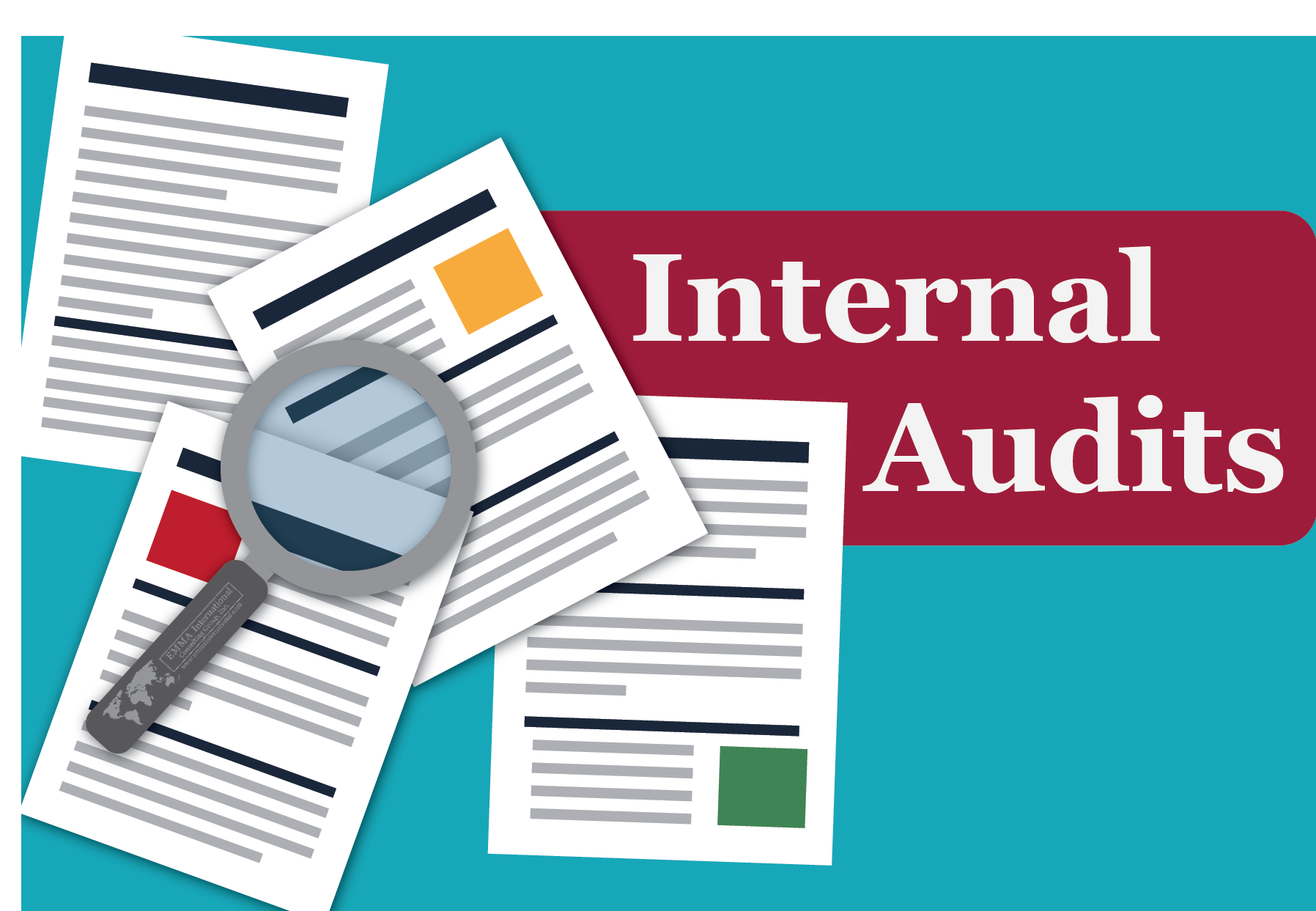Companies are often in doubt about outsourcing Internal Audits especially when they have an in-house quality assurance department. For small and medium-size companies, it might be a burden on their financial resources, however it is the right approach toward compliance.
According to the QSR, an Internal Audit should be conducted by individuals who do not have direct responsibility for the matters being audited. In small and medium-size companies where there might be multiple departments or sometimes the entire set up of the design, development, manufacturing and Quality System maintenance managed by a single person, outsourcing internal audits is the most logical option.
Outsourced audits will not only get you to comply with the regulations but will provide you a detailed status quo of your quality system. The first step for an effective Internal Audit is to identify a Lead Auditor. The lead auditor should have an appropriate combination of education, training, certification, and experience. The auditor’s report will help generate CAPAs or other corrections in the right direction.
It is very important to define an audit scope and a plan so that the exact audit objectives are achieved to help the company get into compliance or improve the Quality System.
Audit schedules are another key element. Audits should be scheduled by taking into account past process histories regarding Corrective and Preventive Actions, nonconformances, customer complaints, Management Reviews, audits, and changes to Standards and Regulations.
EMMA International’s proprietary methodology will guide you to conduct your internal audits the right way, whether you are a small or a large company. Our customized solutions will help your company use internal audits as an advancement tool to get you into compliance.
Reach out to us at info@emmainternational.com or call us at 248-987-4497 to learn more on how we can help you develop your Quality System.






